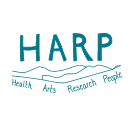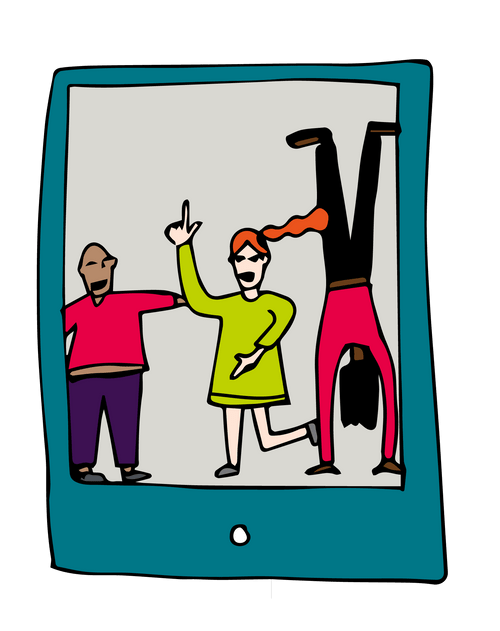The Welsh Government wants us to be ‘A Healthier Wales’. The Wellbeing of Future Generations Act also recognises culture as a pillar of wellbeing. But we are also a nation facing long NHS waiting lists, mental health crises and health inequalities, while still navigating a devastating pandemic.
How can the arts help Wales address these challenges and make our political ambitions around health and wellbeing a reality? And what more can policy makers do to support arts and health partnerships to drive real change in our communities, especially around social prescribing?
Health leaders, politicians and practitioners shared their thoughts in an online session facilitated by the Welsh NHS Confederation and HARP.
Here are a few takeaways from that session…
- The Welsh Government can be a catalyst for better partnership working between the arts, local authorities and the social care and health sectors.
Dawn Bowden MS, Deputy Minister for Arts and Sport, said: “The Welsh Government must position itself as a catalyst for improved partnership working. My cabinet colleagues and I want to develop an environment where collaboration is second nature and the arts can sit at the very core of non-clinical interventions. It is up to us as a government to facilitate those conversations in all sectors of the public sphere, local authorities, education, the health sector, and so on, to find common ground and integrate for the benefit of the people of Wales.”
- Community connectors are vital bridges connecting vulnerable and isolated people with community activities and each other.
Karin Diamond, Artistic Director of Re-Live and SPARK project lead, said: “We need more community connectors. You can have the best arts and health intervention in the world but if the connection between the person and project isn't there, nothing happens. Community connectors are incredible and amazing and are vital bridges to this kind of intervention.”
- Social return on investment is important when demonstrating the impact of an arts and health project
Professor Vivienne Harpwood, Chair of Powys Teaching Health Board and the Chair of the Welsh NHS Confederation, said: “The social return on investment approach is certainly important because evaluating and measuring impact is far more useful than the standard measures we use for success traditionally within the NHS. Real-life experiences add real colour and bring to life what otherwise would be a rather dry strategic ambition.”
- Arts and health in Wales could learn from the National Exercise Referral Scheme.
Deputy Minister Dawn Bowden said: “The National Exercise Referral Scheme is a Welsh Government-funded programme. It is managed by Public Health Wales with local delivery through local authorities and leisure trusts. The scheme is delivered across every local authority in Wales and it receives around 30,000 referrals each year. Individuals are referred by health professionals to a local scheme and they receive an initial assessment, a review, and then a suitably graded exercise programme for 16 weeks. At the end of that programme, participants are encouraged to progress then to a variety of opportunities to be physically active and are signposted to various programmes within local communities. They're also followed up at 52 weeks to assess if they're still physically active.
“I think we could seek to do that with the arts, utilising that experience… along with the current projects we have and explore if we could develop a policy that could be used by healthcare professionals to encourage individuals to participate in regular arts activity to improve their health and wellbeing.”
- Wales has much to be proud of in terms of its championing of arts and health, but there’s more to be done.
Nesta Lloyd-Jones, Assistant Director of the Welsh NHS Confederation, said: “We should be proud of what is happening in Wales. The conversations around partnership have completely changed. Arts and health have gone up the agenda. We have the legislative frameworks in Wales and the work that the Welsh Government is doing around a social prescribing framework.
“There is some fantastic work going on at a health board and trusts level. The fact that each health board has an arts and health coordinator has taken this work forward.
“One of the challenges that we still face is around performance measures and the targets that the NHS have to comply with and what we're scrutinised on. The Welsh NHS Confederation has been calling for outcome measures or targets that focus more on outcomes for people, the difference it has made to people, rather than more crude time figures.”
The art of wellbeing and policy was co-hosted by HARP and the Welsh NHS Confederation.
Speakers included: Chris Ryan (Arts Care Gofal Celf), Karin Diamond (Re-Live), Esyllt George (Cwm Taf Morgannwg University Health Board), Nesta Lloyd-Jones (Welsh NHS Confederation), Dawn Bowden (Deputy Minister for Arts and Sport), Vivienne Harpwood (Welsh NHS Confederation, Powys THB).

